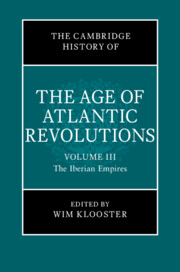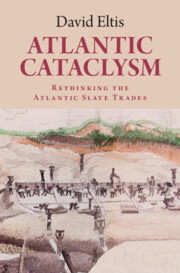Friends of Freedom
From the Sons of Liberty to British reformers, Irish patriots, French Jacobins, Haitian revolutionaries and American Democrats, the greatest social movements of the Age of Atlantic Revolutions grew as part of a common, interrelated pattern. In this new transnational history, Micah Alpaugh demonstrates the connections between the most prominent causes of the era, as they drew upon each other's models to seek unprecedented changes in government. As Friends of Freedom, activists shared ideas and strategies internationally, creating a chain of broad-based campaigns that mobilized the American Revolution, British Parliamentary Reform, Irish nationalism, movements for religious freedom, abolitionism, the French Revolution, the Haitian Revolution, and American party politics. Rather than a series of distinct national histories, Alpaugh shows how these movements jointly responded to the Atlantic trends of their era to create a new way to alter or overthrow governments: mobilizing massive social movements.
- Explains how cosmopolitanism shaped the Age of Revolutions' popular movements, as well as its elite intellectual history
- Reveals the strong international influences on the founding and spread of the late eighteenth century's most celebrated movements, including the American Sons of Liberty, British reform, abolitionism, and the French Jacobins
Reviews & endorsements
‘… a bold and wide-ranging thesis … does much more than offer parallel histories of the radical movements that swept through large parts of the Atlantic world in the later eighteenth century. It moves seamlessly from the demands of the American Sons of Liberty in the 1760s to the campaigns of the United Irishmen, the movement for parliamentary reform in Britain, the role of popular societies in the French Revolution, antislavery campaigns in Britain, the United States, and France, and popular organization during the revolution in Saint-Domingue.’ Alan Forrest, Journal of Modern History
‘… a very fine book, richly documented, precise in its historiographical positions, which brings to life and relevance the Atlantic revolutions of the 1760s to the 1800s.’ Marie-Jeanne Rossignol, H-France Review
Product details
September 2023Paperback
9781009012553
512 pages
229 × 152 × 26 mm
0.736kg
Available
Table of Contents
- Introduction
- Part I. The American revolution ignites social movements:
- 1. The sons of liberty and the creation of a movement model
- 2. From boycott mobilization to the American revolution
- 3. Wilkes, liberty, and the Anglo-American crisis
- 4. The British association movement and Parliamentary reform
- 5. The Irish volunteers and Militant reform
- 6. Religious freedom, political liberty, and protestant dissenter civil rights
- 7. The rise of American abolitionism
- 8. British abolitionism and the Broadening of Social Movements
- Part II. The French revolution radicalizes social movements:
- 9. The genesis of the French Jacobins
- 10. French revolutionary polarization and the coming of the Haitian Revolution
- 11. The French Jacobin network in power
- 12. Radicalizing club life in 1790s Britain
- 13. The United Irishmen in an Atlantic crosswind
- 14. The French revolution and the making of the American democratic party
- 15. From revolutionary committees to American electoral party politics.









